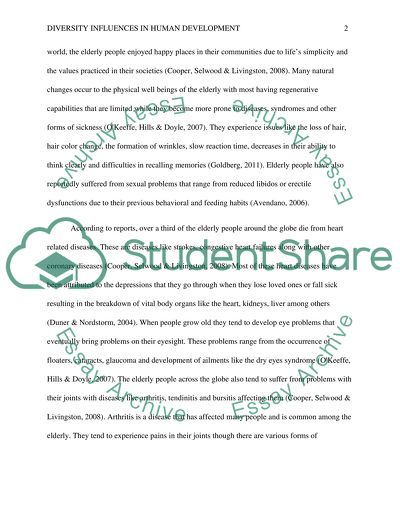Cite this document
(“Diversity Influences in Human Development Essay”, n.d.)
Diversity Influences in Human Development Essay. Retrieved from https://studentshare.org/psychology/1399511-diversity-influences-in-human-development
Diversity Influences in Human Development Essay. Retrieved from https://studentshare.org/psychology/1399511-diversity-influences-in-human-development
(Diversity Influences in Human Development Essay)
Diversity Influences in Human Development Essay. https://studentshare.org/psychology/1399511-diversity-influences-in-human-development.
Diversity Influences in Human Development Essay. https://studentshare.org/psychology/1399511-diversity-influences-in-human-development.
“Diversity Influences in Human Development Essay”, n.d. https://studentshare.org/psychology/1399511-diversity-influences-in-human-development.


